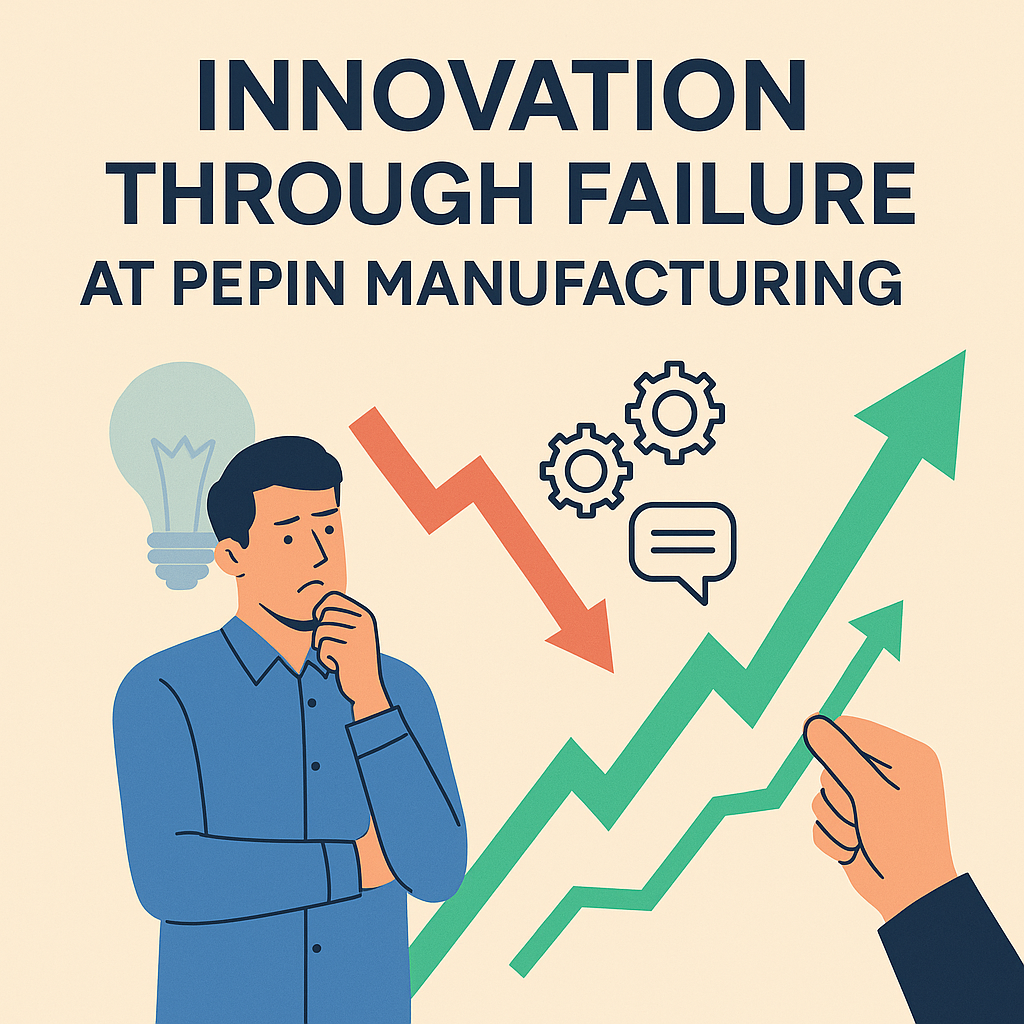Last Updated on September 5, 2022 by
Have you ever thought how to do B2B market research for an investment decision? It is not an easy task to get not only the required information, but the most relevant too. Additionally, another problem is that B2B market research is a very broad term. It can include, statistics, commercial due diligence, expert calls, surveys, projected forecasts based on the market trends and much more. So, what shall we start from when your firm needs research for an investment decision? The answer is very simple, it actually depends on the type of market, the decision you want to take and the time frame available to compose the research.
Let’s dive into the difference between expert calls and surveys for PE firms during their research.
Table of Contents
Expert calls vs b2b surveys for private equity
There are lots of differences, but we will focus on some of the main points.
Huge bias
Expert calls can be very biased. That should be the first point of discussion regarding the differences. Let’s assume you call one CEO of a huge pharmaceutical company and ask him questions about the details of the new drug launch and the market approach. There is no one to confirm for you the information you will get from a very senior executive. Additionally, he might not be aware of all the processes happening in the company and the decisions that the firm takes on a daily basis. To sum up, the research data you will get from one person is undoubtedly biased and subjective.
Cost effectiveness
We could look at the costs of running a large scale survey and expert calls. A call with a C-level executive can cost even £2,000. However, when u run a survey the minimum number of respondents is usually 50 people in order to obtain a lot of data. So the actual cost of a survey will be usually much higher than an expert call.
Speed of data
When u call a person and try to arrange an appropriate time for an expert call it can take 1 week maximum to execute the call and arrange it. However, when you run a B2B survey for due diligence, so much work goes into it. At first, you need to script the questions and program the survey. Then, you need to find a company to get you the respondents and run it through them. Only later, you are able to get all the information and start analysing it. Therefore, it is evident that running a B2B survey is a much longer process.
To summarise, you can do B2B market research in so many ways and actually combine a couple of methods together. The more information you obtain, the better the final analysis. By removing all bias and cross checking the results from expert calls with results from the survey, you can eliminate any uncertainties from the research. Thus, your decisions will be data driven and more objective. However, another problem might arise when results from the expert calls are different from the ones obtained through the B2B survey. In that case, a third method for research would be the solution to eliminate the bias and identify the differences.
Read More: Business Acumen Training.



























